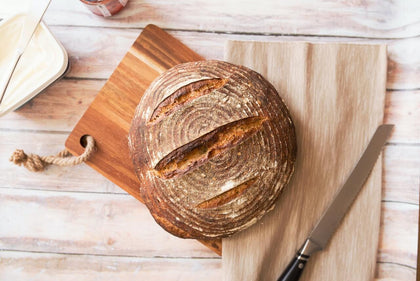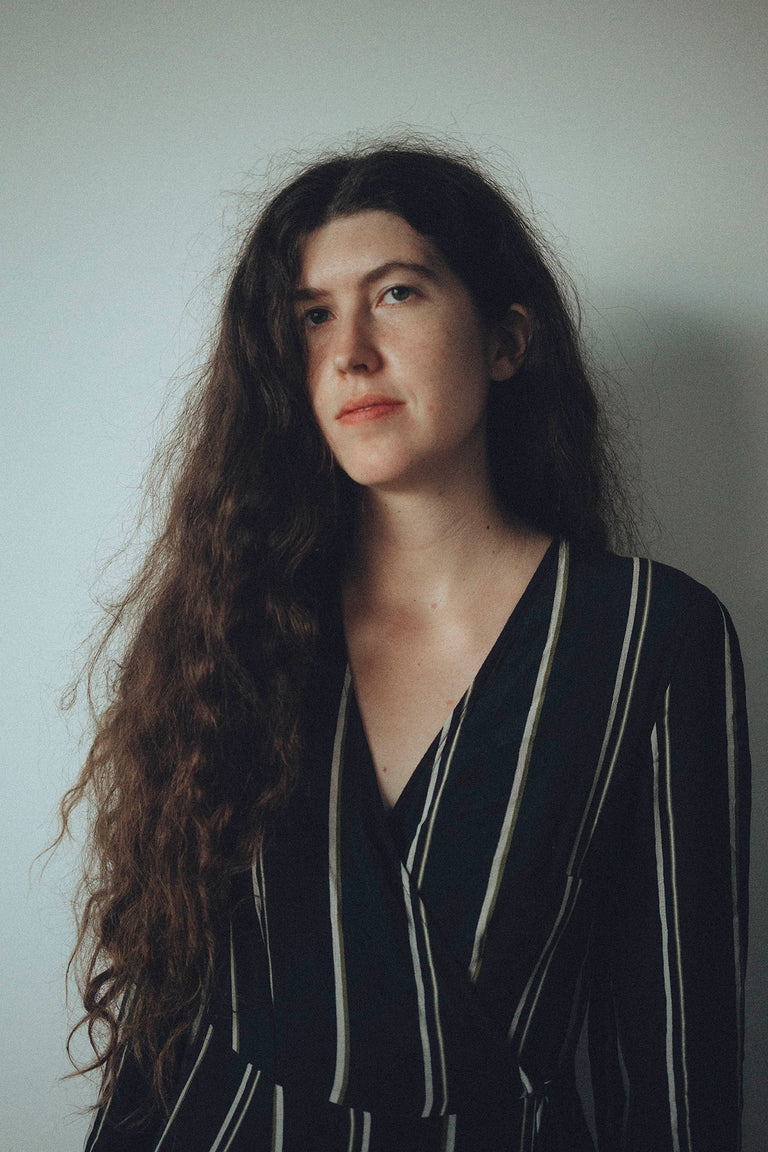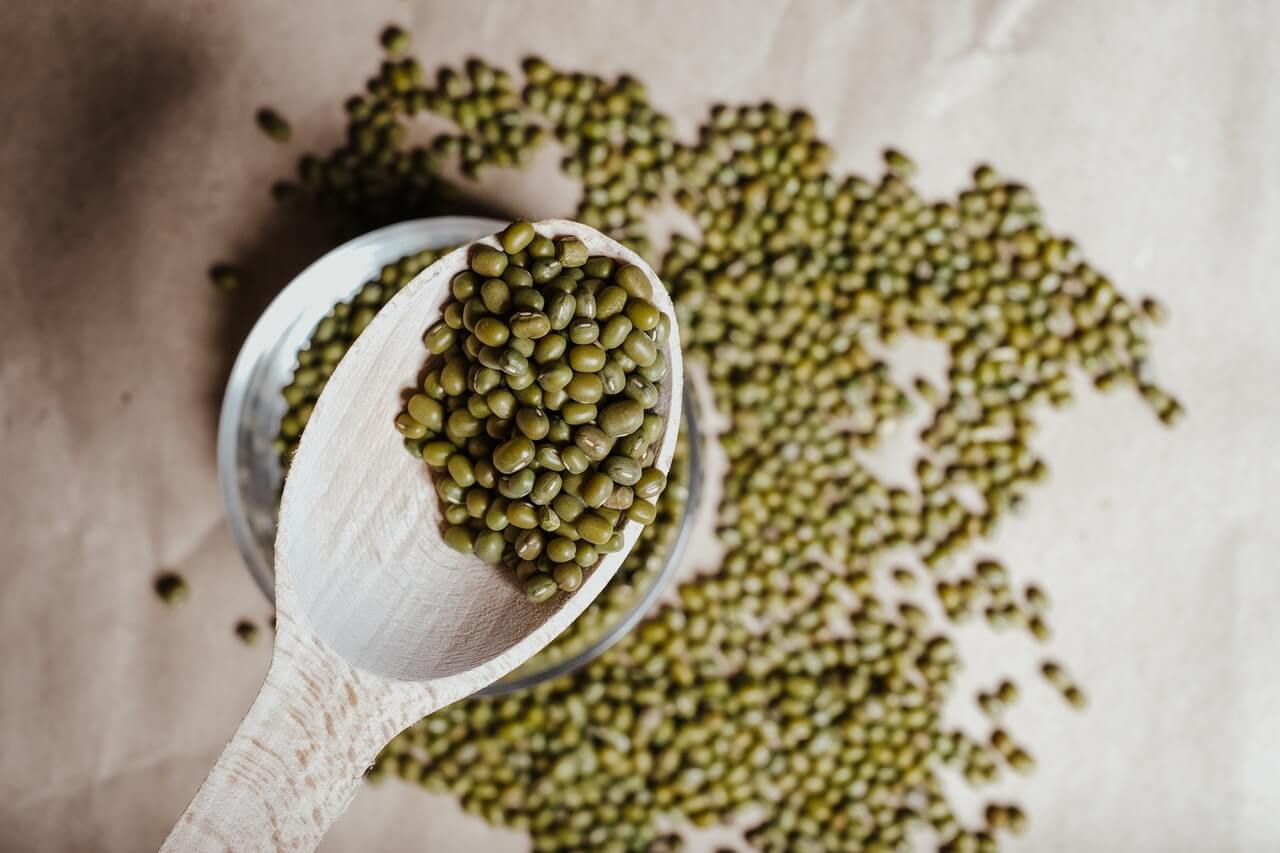For many of us, bread-based meals are an easy vegan standby. A PB&J is the perfect simple lunch when you're in a non-vegan kitchen. Veggie burgers of all kinds taste best when wrapped in a fluffy bun. Bread can be a lifesaver when you're out of your own kitchen and eating out with family and friends.
But is bread actually vegan? What's actually going on with the microbial environment necessary to make bread rise? Here's a closer look at yeast so you stick to a vegan diet.
#include-related-slider#
Is Yeast Vegan?
So, is yeast vegan? The good news is yes — all types of yeast are considered to be an appropriate part of a vegan diet.
Don't just take our word for it, either. PETA says bread is almost always free of animal products and the associated animal exploitation that comes with them, although it does caution that you should always read the labels of packaged foods (including bread!) closely to make sure they're appropriate for vegans. There are other ingredients that might make food containing yeast not appropriate for vegans — things like butter, eggs, and milk whose production harms animals. Always double-check the products that you consume to make sure they adhere to the values of veganism, but when it comes to yeast alone, you're good to go.
Also: Vegan Foods With Phytoestrogen
Yeast and Life
If yeast is so innocent, why do some people worry it might not be suitable for use in a vegan diet? The short answer is that, small as it is, yeast is still technically a living organism. However, that doesn't mean it's not appropriate for vegans to consume.
When you eat yeast, you're not doing any of the damage you might associate with the consumption of non-vegan food. While yeast is "alive," it is not an animal. Yeast is a single-celled organism. It has no consciousness and no central nervous system. This single-celled status means that in consuming baked goods, or any other food product that contains yeast, you are not violating the ethical tenants of veganism. While yeast is a living thing in some sense, yeast is vegan in every way that counts.
In fact, wild yeast and other similar single-celled organism are present in all kinds of food fit into a plant-based diet. Wild yeast is everywhere — the air, your skin, and every surface in your kitchen all contain yeast in one form or another. Wild yeast lives on the skins of vegetables and fruit, which is what makes fermentation possible. It's difficult to think of a vegan ingredient that doesn't contain yeast in some form! But it's not alive by the standards of most vegans, and consuming it does not harm animals in any way.
Try It: Vegan Keratin Shampoo and Conditioner
Bread for Success
It's the quality of "life" that makes baker's yeast work as a leavening agent. Baker's yeast is grown from wild yeast, which is then processed and partially dehydrated to prevent it from fermenting further until it is "activated" by the presence of sugar, either in the form of an added sweetener or the simple carbohydrates in commercially processed flour.
As bread dough is kneaded, either in your home kitchen or in a commercial setting, air is trapped in the dough and spread in the form of microscopic bubbles. As the commercial yeast comes back to life, it begins to metabolize the starches and sugars from the flour, consuming them and turning them into carbon dioxide, which fills the network of tiny air bubbles, causing the bread to rise. The hungry yeast grows stronger, eating more carbohydrates and producing more carbon dioxide until the activity is stopped by the oven's heat. The result is a fluffy, delicious and vegan-friendly loaf that was produced without harming any animals.
Other Types of Yeast
Beyond the bakery aisle, there are other types of yeast you might come across in various food products. They're all vegan — none of them are created with methods that do harm to animals, but they vary slightly from baker's yeast, the most common form of yeast. Other ways you might find yourself eating yeast include:
Brewer's Yeast
Traditionally used to make beer, brewer's yeast is a great source of protein and complex b vitamins, as well as minerals like calcium and selenium, making it an excellent supplement for vegans to add to their diets. The probiotic aspects of brewer's yeast make it beneficial for digestion, and it's used in folk medicine to encourage lactation and recovery after pregnancy.
Nutritional Yeast
If you've been a vegan for a while, you're probably familiar with nutritional yeast. Vegans often use this deactivated yeast to replace ingredients like cheese, thanks to its nutty, savory flavor. Nooch (as some vegans like to call it) also boasts a host of health benefits and contains high levels of minerals and B vitamins. Eat yeast as an ingredient in your next batch of vegan mac and cheese for an extra savory boost.
Yeast Extract
Less common than brewer's yeast, nutritional yeast or baker's yeast, yeast extract is most commonly found in packaged spreads like Vegemite and Marmite. Yeast is what gives these spreads a pungent, savory flavor and makes them a great alternative for non-vegan ingredients like Worcestershire sauce.
Read: Doctors Explain How to Boost Your Immune System
Yes, Yeast Is Your Friend
Whatever form of yeast you find yourself consuming, rest assured that it's vegan-friendly, just like VEGAMOUR's hair wellness products. Proceed with caution, though, if you're eating a product that contains yeast because it may contain other ingredients that you don't want to consume. As a best practice, always closely read the labels before you try any new product that includes yeast, just to be sure it qualifies as vegan.
More From VEGAMOUR
- Shop: HYDR-8 Shampoo and Conditioner Kit
- Can the Keto Diet Cause Hair Loss?
- Why You Should Consider a Vegan Biotin Supplement
- 5 DIY Vegan Hair Masks to Try



















